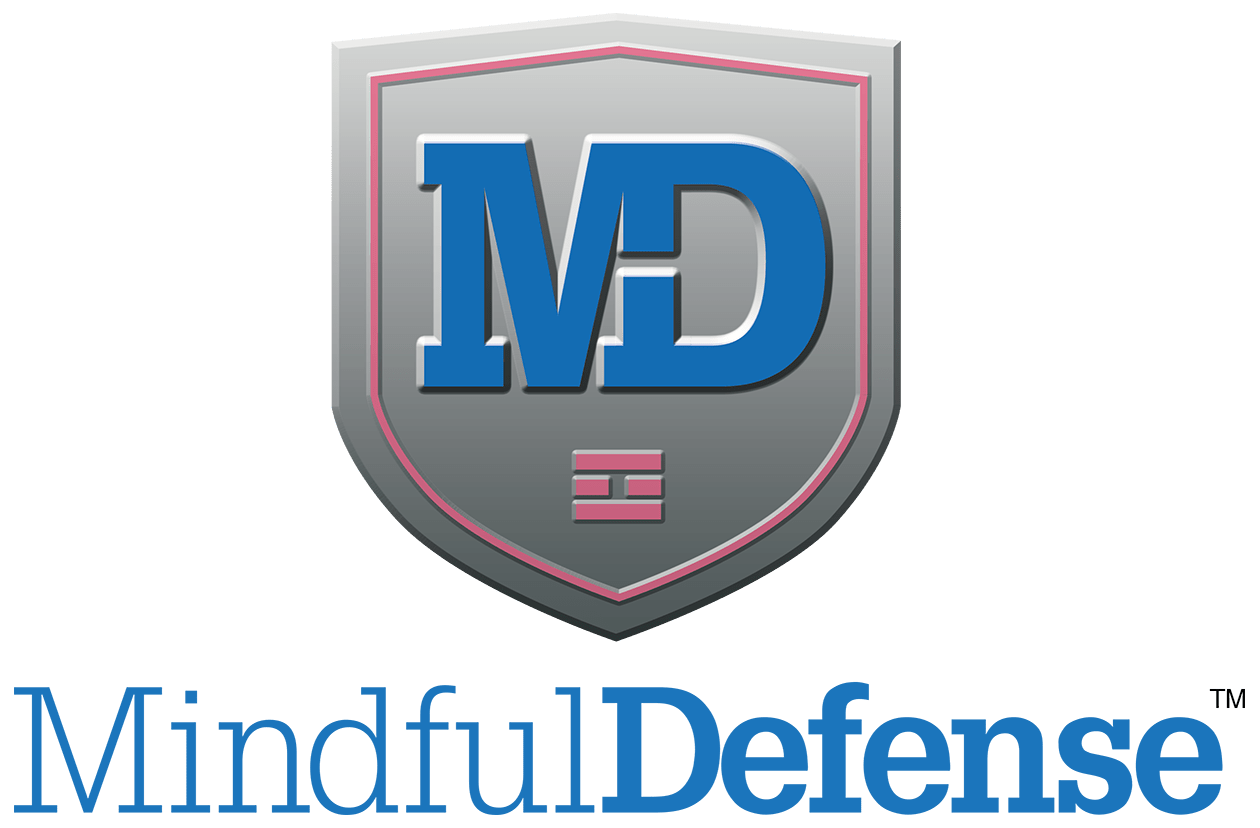When it comes to self-defense, most people focus on learning techniques or carrying the right tools. While these are crucial, there’s another equally important factor that often gets overlooked: fitness. The connection between fitness and self-defense is profound—your physical condition can determine how well you respond in high-pressure situations and whether you can effectively protect yourself. Here’s how fitness affects your ability to defend yourself and why it should be part of your overall self-defense strategy.
1. Endurance and Stamina
In a real-life self-defense situation, adrenaline kicks in, and your body may be pushed to its limits. Whether you’re trying to evade an attacker or engage in physical resistance, stamina is key. If you run out of breath after a few seconds of exertion, your ability to continue defending yourself sharply diminishes. Regular cardio exercises like running, swimming, or cycling can improve your endurance, allowing you to remain active and effective during a confrontation.
2. Strength and Power
Strength doesn’t just refer to how much weight you can lift at the gym—it plays a vital role in self-defense. The stronger you are, the more power you can generate in your strikes, whether you’re punching, kicking, or trying to free yourself from a hold. Strength training exercises, particularly those that focus on core and functional movements, help build the type of strength needed to handle real-world scenarios where leverage and body mechanics are crucial.
3. Flexibility and Mobility
Flexibility and mobility may not seem like obvious factors in self-defense, but they are critical. Imagine trying to evade or counter an attack when your body is stiff and your range of motion is limited. Stretching exercises, yoga, and martial arts can improve your flexibility, making it easier to react quickly, dodge strikes, and maneuver out of tight situations. Flexibility also reduces the risk of injury, which is important when you need to recover quickly and keep defending yourself.
4. Balance and Coordination
Defending yourself requires balance, especially when you’re under stress or trying to counter a forceful attack. Good balance allows you to stay grounded, making it harder for an attacker to knock you off your feet. Coordination, on the other hand, helps you execute defense techniques smoothly and with precision. Strengthening your core muscles and engaging in balance exercises like pilates or even specific martial arts drills can enhance these skills, giving you more control during a confrontation.
5. Speed and Agility
Speed can often be the difference between avoiding a blow or escaping a dangerous situation. The faster you can react, the more likely you are to get out of harm’s way. Agility, combined with speed, allows you to change direction swiftly and keep your attacker off-balance. Plyometric exercises or interval training can improve your speed and agility, helping you become a more elusive target in a self-defense scenario.
6. Mental and Physical Resilience
Fitness doesn’t just shape your body; it also builds mental toughness. Regular physical exercise releases endorphins, reduces stress, and boosts confidence—all of which are critical in self-defense. When you’re fit, you’re more likely to stay calm under pressure, focus on the situation at hand, and make quicker, smarter decisions. This resilience gives you an edge, helping you avoid panic and keep your defenses sharp.
Final Thoughts: Integrating Fitness into Your Self-Defense Routine
Fitness and self-defense go hand in hand. By improving your physical condition, you’re not only enhancing your ability to fight back but also increasing your odds of escaping a dangerous situation. At Mindful Defense, we emphasize the importance of being both mentally and physically prepared to handle whatever comes your way. Incorporating regular fitness training into your self-defense routine will make you more effective, confident, and resilient when it matters most.
Train your mind, train your body—and be ready to defend yourself.

